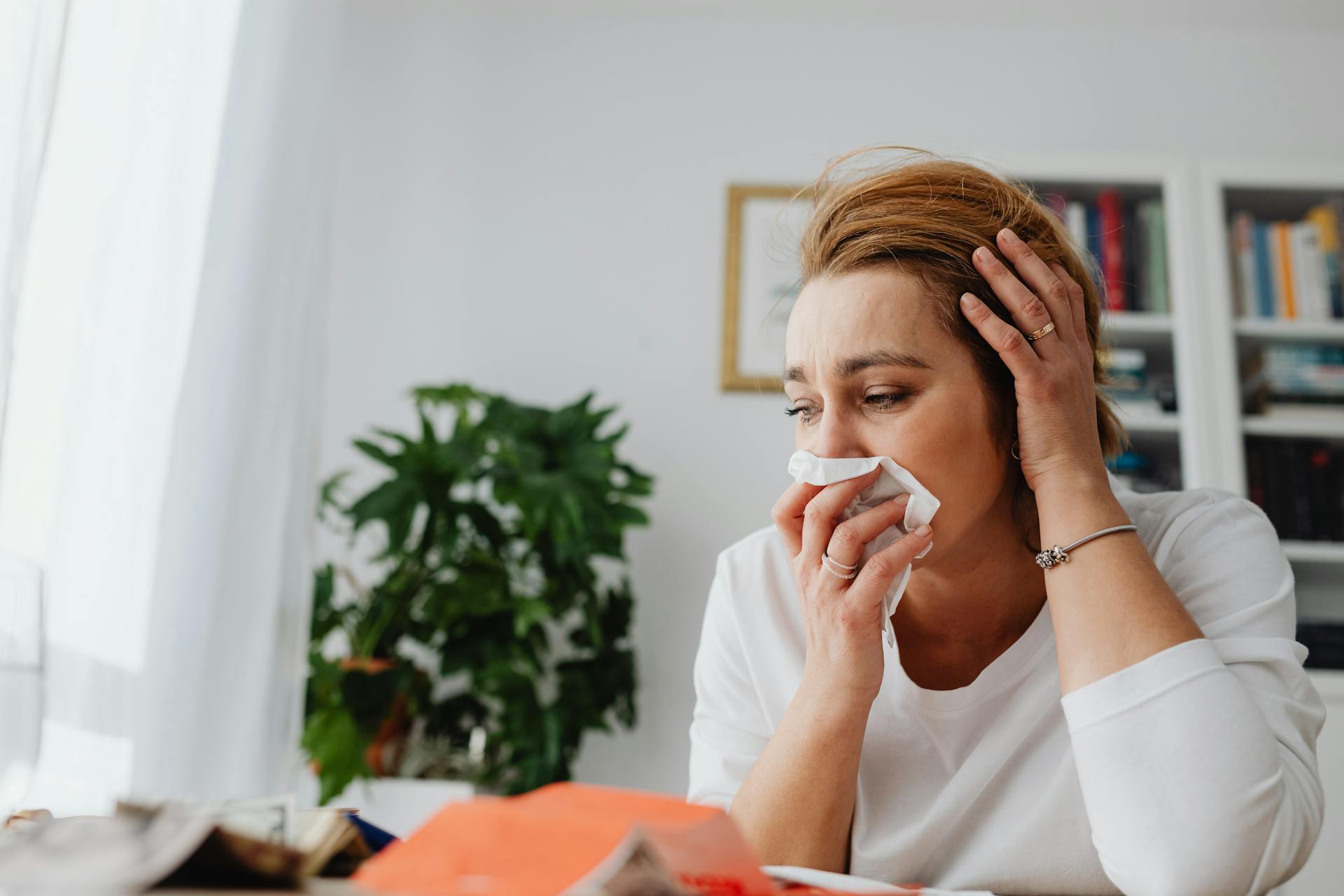How to Reduce or Avoid Die-Off Symptoms
Now for the part you've been waiting for—how to get relief.
Fortunately, there are simple, natural ways to support your body and reduce die-off symptoms, without stopping your cleanse. The goal is to help your body detox more efficiently, so you don't feel overwhelmed by the toxins being released.
1. Go Slow and Steady
If you jump into a cleanse with high doses of antiparasitic or antifungal herbs right away, your body may be flooded with more toxins than it can handle. Start slow with a low dose, and gradually increase over several days. This gives your body time to adjust and keep up with the cleanup.
2. Support Your Drainage Pathways
Your detox organs need to be working well to process all the waste being released. This includes your liver, kidneys, colon, lymphatic system, and skin.
Here are a few gentle ways to support these organs:
- Drink plenty of clean water every day
- Add lemon to your water to stimulate digestion and liver function
- Use herbs like milk thistle, dandelion root, or burdock root to support liver detox
- Consider a binder like activated charcoal or bentonite clay to trap toxins in the gut
- Keep your bowels moving—aim for at least one solid bowel movement per day
If waste isn't leaving your body, it's just recirculating, making you feel worse.
3. Focus on Clean Nutrition
A clean diet goes a long way in easing your body's burden. Eat plenty of vegetables, lean proteins, healthy fats, and anti-inflammatory foods.
Try to avoid:
- Sugar (which feeds candida and parasites)
- Processed foods
- Dairy or gluten (which can increase inflammation)
- Alcohol (which stresses the liver)
Instead, load up on fiber, leafy greens, cruciferous veggies like broccoli and cabbage, and bone broth if tolerated. These foods naturally support detox and gut healing.
4. Rest and Don't Overdo It
Healing takes energy. If you're experiencing strong die-off symptoms, give your body time to recover. Try to get plenty of quality sleep, reduce stress where possible, and avoid overexerting yourself physically.
Even taking short naps during the day or simply resting quietly can help.
5. Sweat It Out
Sweating is another way your body eliminates toxins. If you can tolerate it, consider:
- Taking Epsom salt baths
- Using an infrared sauna
- Doing light exercise like walking or stretching
These methods can help open up your skin's detox pathway and reduce your toxic burden more quickly.


